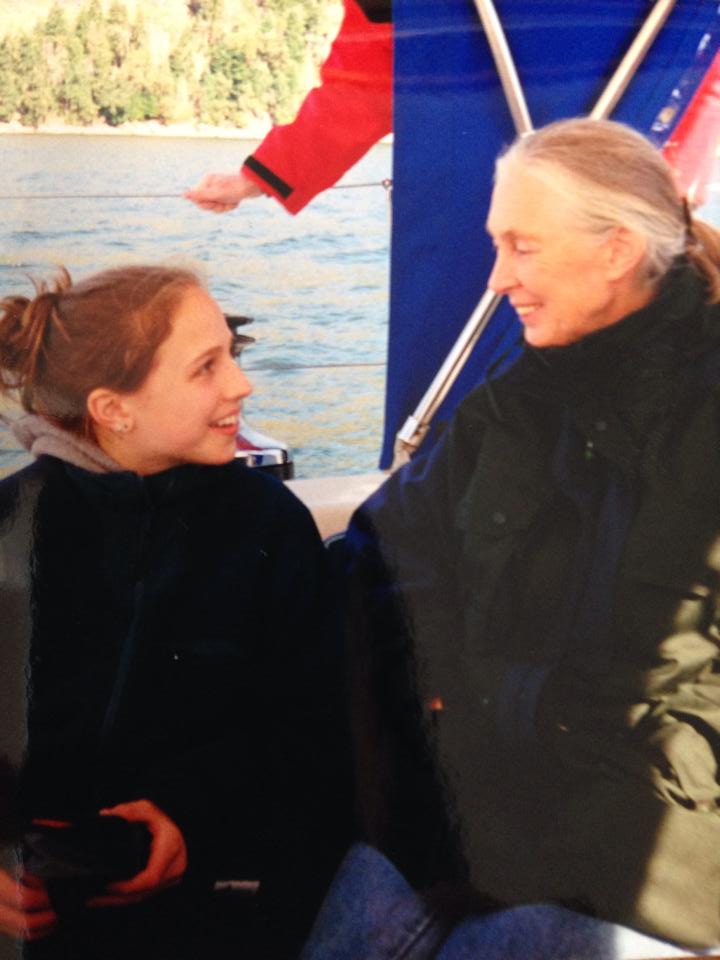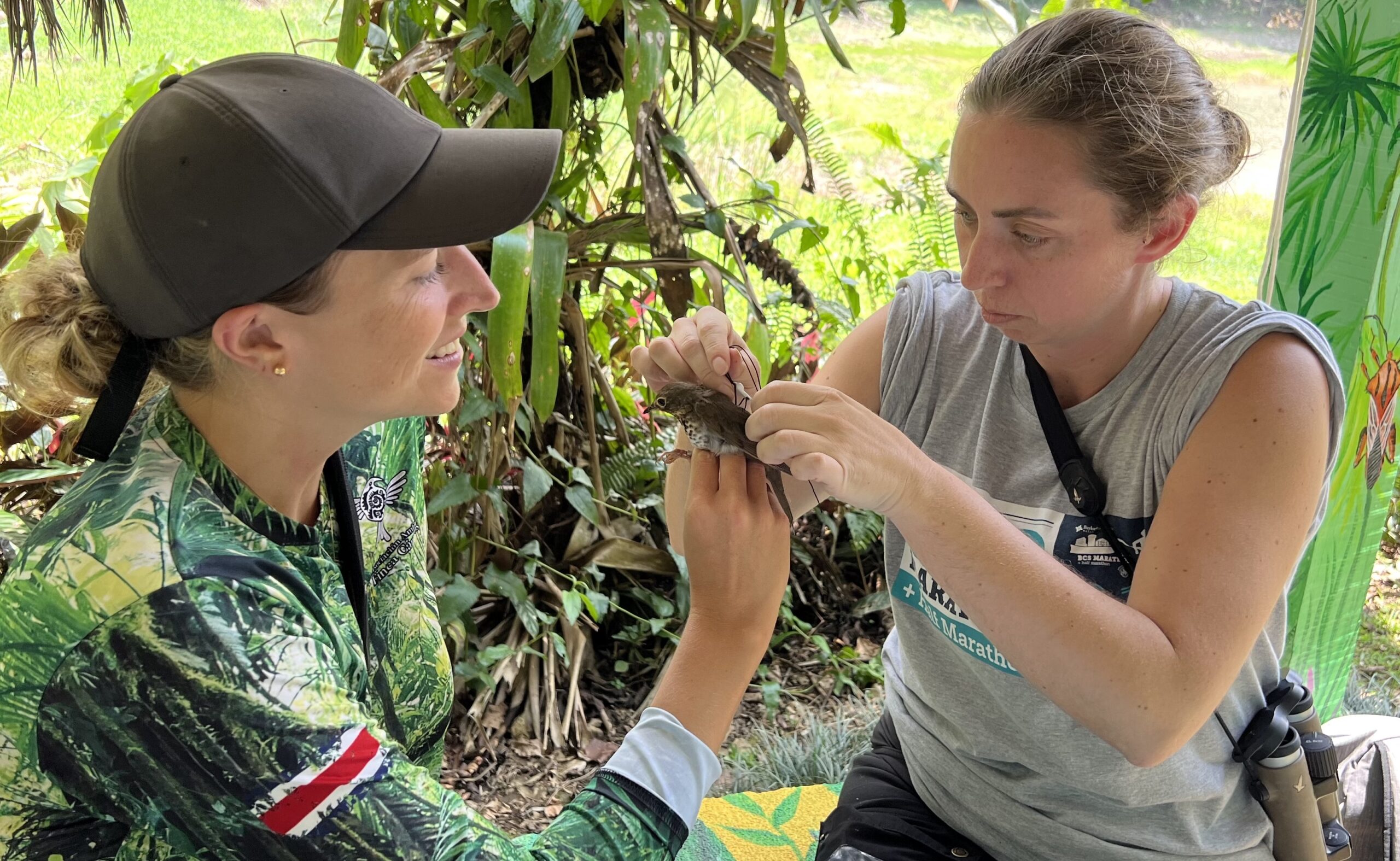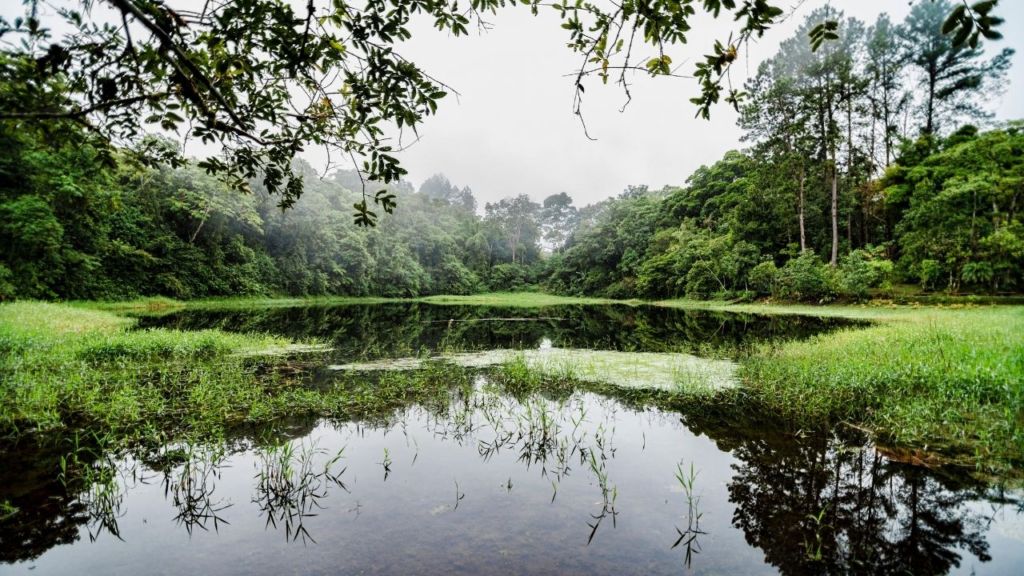“We have demands, not hopes.”
COP26, the United Nations climate summit, just wrapped up, and those blunt words of one youth climate activist are what stick out the most in my mind. I certainly believe that hope is important in a world that can seem scary and full of suffering. But like that young activist, I agree that we need more than hope when it comes to the climate crisis and countless other critical environmental challenges. While the young activist’s words were delivered externally to the collective of global leaders and decision-makers, my reflections are directed internally to all of us individually (myself included) who genuinely care about the fate of the planet, and make a daily effort to reflect that concern in our actions.
Hope is a beautiful feeling. Sometimes we will feel it spontaneously, and other times we will actively evoke it by thinking certain thoughts. But hope is similar to the feeling of motivation. Motivation does not flow through us consistently and effortlessly, day in and day out, driving us. Let’s be honest—we have all had those days where we are unmotivated, sometimes for obvious reasons but often for seemingly no “good” reason at all.
Hope can be equally ephemeral, and we often depend on sources outside of us to conjure the sensation. Did the news share a positive story about young people galvanizing their community into planting a forest, or spotlight yet another apocalyptic flood, forest fire, or collapsing ice shelf? Since the news is biased toward the negative, it is usually not very hope-inspiring.
So when it comes to tackling the most urgent issues of our times, I believe we need to focus on commitment more than hope. I try to apply this attitude to my own work in environmental conservation.
Commitment is not about whether I wake up “in the mood” to do the work. I am passionate about the planet and have considered myself to be an environmental activist since a young age. But I’m not going to lie—there are days I would rather watch Netflix than envision the big picture strategy for spurring Finca Cántaros Environmental Association into accomplishing its goals related to environmental education, forest restoration and research.
Commitment is not about whether I wake up feeling naturally hopeful about the future of the planet. Again, I am passionate about the planet and have never given up on the environmental work I’ve been involved in one way or another since a young age, because I am genuinely hopeful. But I’m not going to lie—there are days I would rather mentally check out to Netflix after tuning in to yet one more story about the devastating impacts of climate change.
Commitment is about focusing on what I care about and believe in, and taking action accordingly whether I feel hopeful or hopeless, motivated or unmotivated.
(Of course this comes with the recognition that I’m human, and sometimes the tempting little voice luring me to Netflix is going to win. But commitment means not letting that voice lure me for too long.)
To me, the activist’s insistence on “demands, not hope” expresses the need to go beyond just a feeling, no matter how important a feeling like hope might be. Action must be manifested by world leaders actually committing to the global goals promised at this recent COP26.
But I argue it is equally important for individuals to commit to commitment, in addition to hope, to help address the climate crisis on a personal level.








